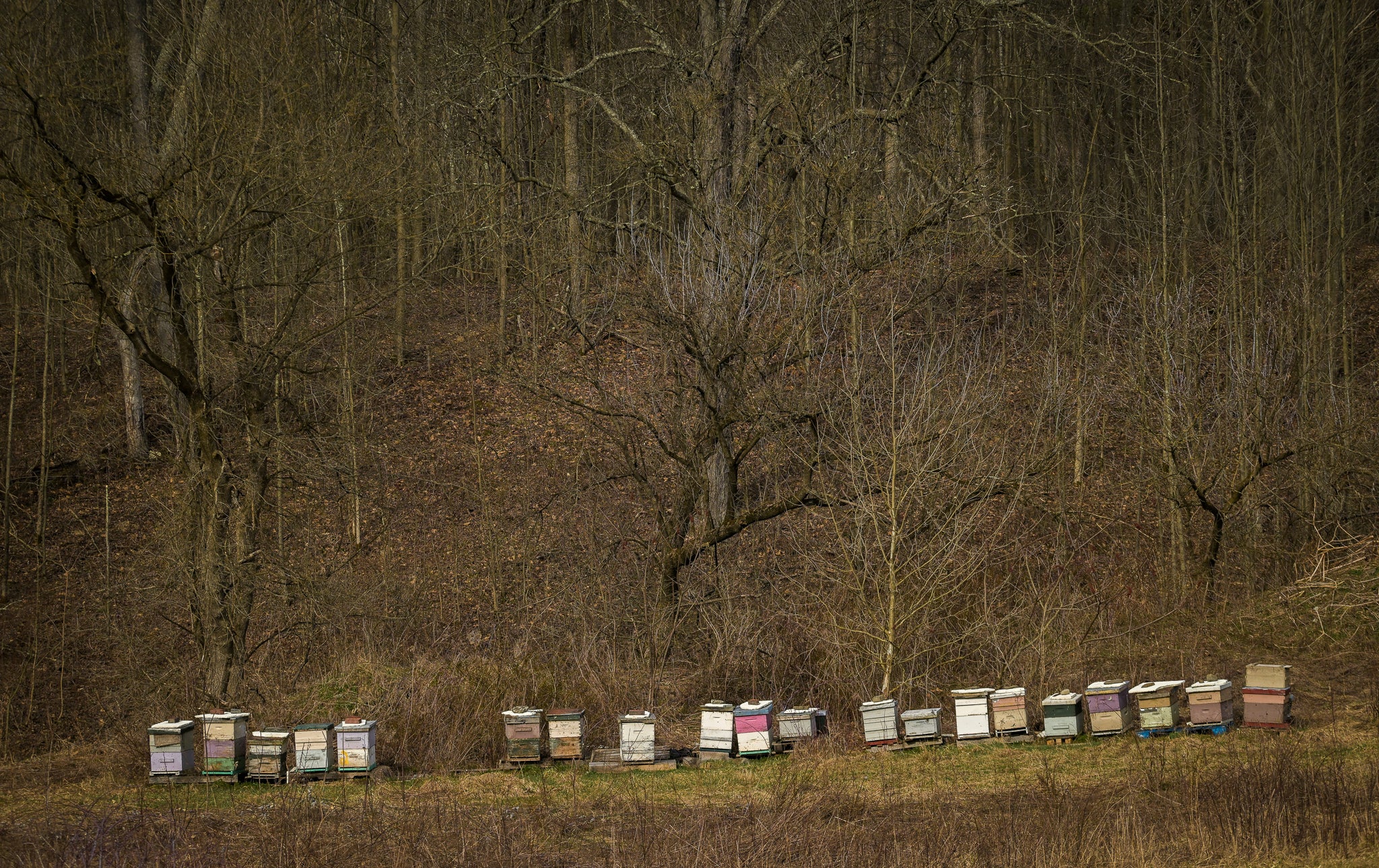New York lawmakers expand fracking ban to include liquid carbon dioxide
New York lawmakers have passed a bill that would expand the state's existing fracking ban

Your support helps us to tell the story
From reproductive rights to climate change to Big Tech, The Independent is on the ground when the story is developing. Whether it's investigating the financials of Elon Musk's pro-Trump PAC or producing our latest documentary, 'The A Word', which shines a light on the American women fighting for reproductive rights, we know how important it is to parse out the facts from the messaging.
At such a critical moment in US history, we need reporters on the ground. Your donation allows us to keep sending journalists to speak to both sides of the story.
The Independent is trusted by Americans across the entire political spectrum. And unlike many other quality news outlets, we choose not to lock Americans out of our reporting and analysis with paywalls. We believe quality journalism should be available to everyone, paid for by those who can afford it.
Your support makes all the difference.New York lawmakers passed a bill Wednesday that would expand the state's existing fracking ban by blocking natural gas drilling companies from using an extraction method that involves injecting huge amounts of liquid carbon dioxide into the ground.
The state Senate approved the legislation with some opposition from Republican lawmakers. It will now go to Democratic Gov. Kathy Hochul, who is in the midst of state budget negotiations. The state Assembly passed the bill on March 12.
New York already banned hydraulic fracturing, which involves using a water-based solution to extract natural gas. But some lawmakers were quick to draft the new legislation after a Texas company sought to lease land in New York for drilling last fall. They said the company, Southern Tier Solutions, is attempting to use a loophole in the existing law by drilling with carbon dioxide instead of water.
Senate Majority Leader Andrea Stewart-Cousins told reporters during a news conference Wednesday that while she hasn't yet discussed the legislation with the governor, she is hopeful that it will be signed into law.
“There's a concern that if we don't close this loophole sooner rather than later, it is going to essentially open up the proverbial gateway for further exploration, which is also going to be problematic,” Democratic state Sen. Lea Webb said ahead of the vote. Among thousands solicited by the company were many of Webb's constituents in the Southern Tier, a region that runs along the border with Pennsylvania.
The region has been eyed by energy companies because of its richness in natural gas, which is trapped underground in large rock formations.
Hydraulic fracturing involves pumping vast amounts of water, sand and chemicals thousands of feet underground, under pressure that is intense enough to break layers of rock containing oil or natural gas deposits so that the fossil fuel can be extracted. Fracking, which is banned in a few states including Vermont and Maryland, can cause earthquakes and has raised concerns about groundwater contamination.
State Sen. Thomas O’Mara, a Republican who voted against the bill, said during floor deliberations that the move to expand the ban on fracking is premature.
“This utopian approach is a train wreck coming down the tracks,” he said.
Southern Tier Solutions says on its website that it wants to use carbon captured from power plants to extract natural gas from inside the Marcellus and Utica Shales, vast rock formations that extend for hundreds of miles.
Company officials and its president, Bryce P. Phillips, have not responded to email and phone requests from The Associated Press. But in past interviews, Phillips has claimed swapping water with liquid carbon dioxide could be more environmentally friendly.
Supporters of the bill and some lawmakers cited concerns that pipelines carrying carbon dioxide for extraction could rupture, leading to poor air quality and major health risks.
They pointed to a 2020 incident in the small town of Satartia, Mississippi, where a pipeline carrying compressed carbon dioxide ruptured, sending over 40 people to the hospital for treatment and prompting more than 300 to evacuate.
Sandra Steingraber, a retired biologist and anti-fracking activist, applauded the bill's passage. She argues that drilling of any kind — no matter what type of substance is used — is bad for the environment.
“They took care of this really fast because they recognized how harmful it was," she said of the lawmakers' response. "It's all risk and no reward for New York state pursuing this plan."
___
Maysoon Khan is a corps member for the Associated Press/Report for America Statehouse News Initiative. Report for America is a nonprofit national service program that places journalists in local newsrooms to report on undercovered issues.